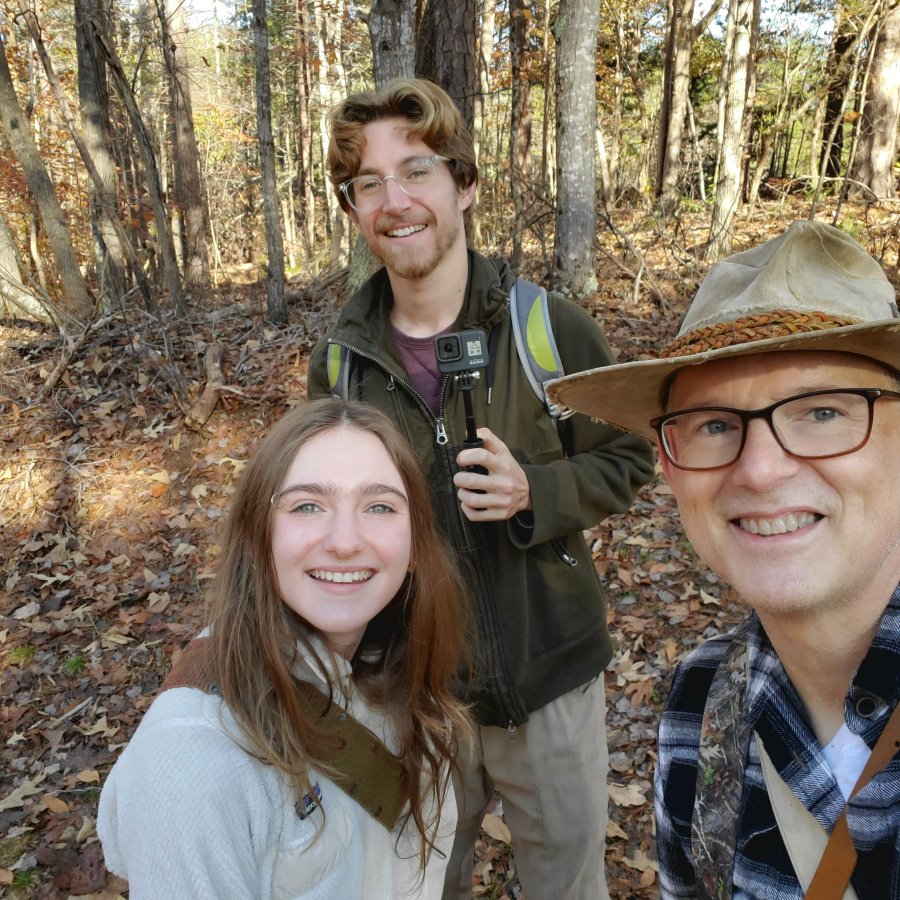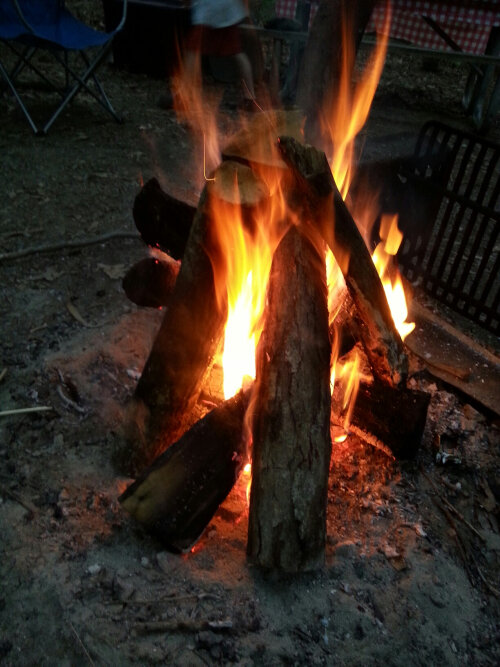Click here to sign up for daily motivational text messages!
...
Click here to sign up for daily motivational text messages! ...
Get your tickets now for the 1st Annual Heritage Arts Campout (CLICK HERE FOR THE DETAILS)
Event starts at 4 PM on Friday 10/13/23 and runs through noon on Sunday 10/15/23. Martial arts, fitness, outdoor skills, and spiritual development — for just $25/ticket. CLICK HERE for all the details.
Mettle Maker #364
What’s the weekly mettle maker? Training tips and educational information in support of our free programs, that’s what! What’s mettle? According the American Heritage Dictionary, mettle is, “The ability to meet a challenge or persevere under demanding circumstances; determination or resolve.”
Fitness: Four Old-Time Light Dumbbell Exercises. Old-time dumbbells were light, weighting between 2 and 5 lbs (1 or 2 kilos), and were used in entirely different manner than they are today. Reps per set were comparatively high, from 20 up into the hundreds, and they were used in complex, compound movements rather than to isolate specific muscles.
Here’s a selection four from my forthcoming old-school fitness book — exercises I’ve incorporated into my training with great results. But first, some basic rules.
Old-School Dumbbell Rules
1. Start with light dumbbells, perhaps a pound or two, and work your way up to a max of 5 lbs. per hand.
2. Again — never use dumbbells heavier than 5 lbs. each for old-school exercises!
3. Swinging and Circling are hard on tendons, ligaments, and joints if you fail to maintain control through the movement or simply go too fast. Go slowly, and never sling yourself past your current range of motion.
4. Most of the old-timers recommended around 20 reps per given exercise. Start with a limited number of reps, perhaps 8 or 10, and work your way up somewhere between 20 and a max of 50 reps. Founding father Benjamin Franklin famously recommended 40 Deep Front Swings (Fig. 7). Listen to your body and behave accordingly.
Dumbbells used properly are of great benefit. But used improperly, they are wrecking balls.
Chargers (Fig 6): Stand erect, holding the bells at the chest. Step out to the side as far as possible, at the same time punching the arms horizontally. Regain the first position and repeat the movement on the opposite side. Vary the movement by stepping to the front and rear.
Deep Front Swing (Fig 7): Stand with the legs well spread, extend the arms vertically. Bend back as far as possible, then swing the bells down and as far between the legs as possible and up again.
Squat Press (Fig 8): Bend the legs and keep the back straight, touch the bells to the floor, straighten up, curl, and extend the arms high above the head standing on tip toe.
Twin Circles (Fig 9): Assume the position pictured. Then, scribing tilted circles with both hands in the same plane, swing both arms together until the right arm is back and the left arm is in front. Repeat to the other side. If you are doing this properly, half way through each rep you will be in a “T” position.
Looking for a fitness coach to help you design a training program or keep you on track with regard to your fitness goals? Click here to participate in one of our free programs!
Self-Defense: How is your Barking Kick? Last week we worked on your décollage. This week let’s work on your Barking Kick. This kick isn’t about power, it’s about closing distance, causing pain, and turning yourself into a striking buzz saw. Watch the video on the left, practice often, and keep your eye out for the next video short in the series. Looking for an affordable American Rough ‘n’ Tumble martial arts coach? Click here to participate in one of our free programs!
Wildwood outdoor skills: The Truth About Chiggers. If you’ve never had chiggers, you probably don’t understand what the fuss is about. If you’re one of those people, you should know that getting covered in chigger bites are the itchiest thing I’ve ever experienced. I’d rather have poison ivy on 75% of my body than chigger bites on one ankle. Trust me — you do NOT want chigger bites!
Chigger biting (from Wikipedia)
As a kid I was taught that chiggers burrow into your skin and take up residence. The way to stop the itch and get them, the old-timers said, was to paint the skin with nail polish to cut off the air supply and choke them out. That’s hogwash. By the time you start to itch, the chiggers have already chewed your flesh and dropped off. It’s the bite that itches. Prevention is the key with chiggers. If you’re going to be going off-trail, hiking in high grass, standing in the weeds by the lake in order to fish, etc. (chiggers love damp grass and weeds!), apply bug repellent containing DEET (studies show citrus oils neither kill nor repel chiggers). If you do not have bug repellent, coat your skin with a thick layer of mud or oil. There is a reason why the ancient Greeks oiled themselves frequently, and why even today so-called primitives still do: oil chokes parasites. If you don’t want to oil up, mud up, or use DEET, you better have access to a shower immediately after your outing. Just wash and scrub thoroughly and throw your clothes straight in the washer, and you should be fine.
Need more tips, inspiration and education regarding outdoor skills? Click here and sign up for the 100% free Heritage Wildwood distance learning program!
Holy Communion is LIVE on YouTube every Sunday at 9AM EASTERn. Click HERE to watch live. To view and print a copy of the program for holy communion, CLICK HERE.
Homily for the Fifteenth Sunday of Ordinary Time, Sunday 7/16/23 – Father Mitch
Readings: Is 55:10-11, Ps 65:10, 11, 12-13, 14, Rom 8:18-23, Mt 13:1-23
Matthew 13:1-23 World English Bible Catholic Edition
On that day Jesus went out of the house and sat by the seaside. 2 Great multitudes gathered to him, so that he entered into a boat and sat; and all the multitude stood on the beach. 3 He spoke to them many things in parables, saying, “Behold, a farmer went out to sow. 4 As he sowed, some seeds fell by the roadside, and the birds came and devoured them. 5 Others fell on rocky ground, where they didn’t have much soil, and immediately they sprang up, because they had no depth of earth. 6 When the sun had risen, they were scorched. Because they had no root, they withered away. 7 Others fell among thorns. The thorns grew up and choked them. 8 Others fell on good soil and yielded fruit: some one hundred times as much, some sixty, and some thirty. 9 He who has ears to hear, let him hear.”
10 The disciples came, and said to him, “Why do you speak to them in parables?”
11 He answered them, “To you it is given to know the mysteries of the Kingdom of Heaven, but it is not given to them. 12 For whoever has, to him will be given, and he will have abundance; but whoever doesn’t have, from him will be taken away even that which he has. 13 Therefore I speak to them in parables, because seeing they don’t see, and hearing, they don’t hear, neither do they understand. 14 In them the prophecy of Isaiah is fulfilled, which says,
‘By hearing you will hear,
and will in no way understand;
Seeing you will see,
and will in no way perceive;
15 for this people’s heart has grown callous,
their ears are dull of hearing,
and they have closed their eyes;
or else perhaps they might perceive with their eyes,
hear with their ears,
understand with their heart,
and would turn again,
and I would heal them.’*
16 “But blessed are your eyes, for they see; and your ears, for they hear. 17 For most certainly I tell you that many prophets and righteous men desired to see the things which you see, and didn’t see them; and to hear the things which you hear, and didn’t hear them.
18 “Hear, then, the parable of the farmer. 19 When anyone hears the word of the Kingdom and doesn’t understand it, the evil one comes and snatches away that which has been sown in his heart. This is what was sown by the roadside. 20 What was sown on the rocky places, this is he who hears the word and immediately with joy receives it; 21 yet he has no root in himself, but endures for a while. When oppression or persecution arises because of the word, immediately he stumbles. 22 What was sown among the thorns, this is he who hears the word, but the cares of this age and the deceitfulness of riches choke the word, and he becomes unfruitful. 23 What was sown on the good ground, this is he who hears the word and understands it, who most certainly bears fruit and produces, some one hundred times as much, some sixty, and some thirty.”
In traditional Karate, the only acceptable color for a uniform is white. White signifies a blank sheet of paper. It says that everyone is prepared – students and instructors alike -- to watch and listen, to learn lessons, and to take notes. In a similar vein, the Greek philosopher Socrates said that wonder is the beginning of wisdom. He believed and taught that the truth emerged out of sincere dialogue -- asking genuine questions and giving honest answers.
This is universal wisdom. If we approach a situation, problem, person, or social encounter – literally anything – with a sense of wonder, curiosity, and receptivity, we will learn things. We find this wisdom offered up by many wise teachers and philosophers across the globe. But what we are seeing in today’s Gospel reading a much deeper exploration of this dense philosophical concept.
He explains that some, when they receive the truth, are not curious at all. They have no wonder, no receptivity. They shrug it off. This is the seed the evil one snatches away. Others are moved emotionally and are inspired for a time. But they don’t ground what they’ve learned in their heart and in their actions. As soon as things get difficult, because of peer pressure, persecution, or the temptations of riches and social status, they give up.
When asked why he teaches in parables, Jesus says, “To you it is given to know the mysteries of the Kingdom of Heaven, but it is not given to them.” He’s saying, “I’m giving it you straight because you get it, but I’m not giving it to them. They get parables.” And then he adds, “For whoever has, to him will be given, and he will have abundance; but whoever doesn’t have, from him will be taken away even that which he has.” Here he expounds the universal wisdom that those who have wonder, curiosity, and receptivity will be drawn ever forward into greater and greater understanding. But he adds a unique observation: those who don’t cultivate wonder, curiosity, and receptivity will stagnate.
Nothing stays the same.
A scientist who wants to stay relevant and keep innovating must stay up-to-date. Many professions, like lawyers, doctors and accountants, are required to engage in continuing education in order to be licensed. This wisdom is everywhere. But Jesus’ singular observation is deeper still. The same is true of spiritual knowledge. If we rest on our laurels, and feel that we’ve made our successes, done our good deeds, and had all our great insights, we begin to fall into an “I have arrived” standpoint, or a “been there, done that” outlook regarding the work of the spirit. What little wisdom we’ve stored up will depreciate, perhaps even all the way down to hell.
* 13:15 Isaiah 6:9-10





